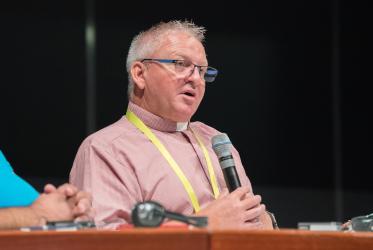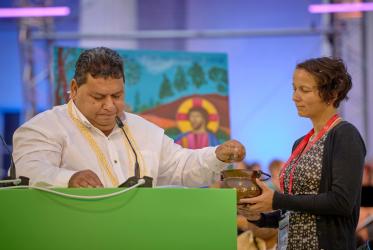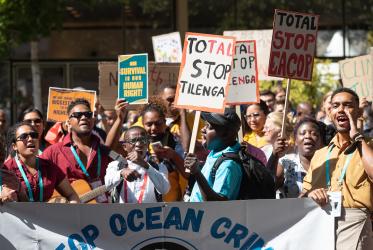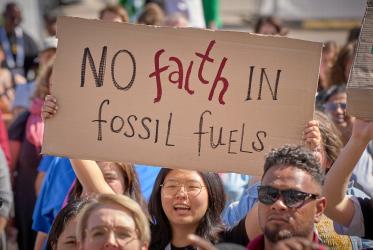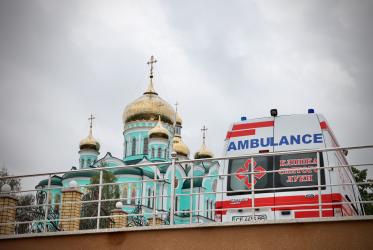Displaying 1 - 20 of 29
Ukraine: Responding to humanitarian need
08 September 2022
The earth is the LORD's… and the Lord is claiming it back
07 September 2022
Indigenous women struggle for identity in Asia and beyond
05 September 2022
Multifaith advocacy for the climate: Not really much time left
04 September 2022
Youth demand climate justice
03 September 2022
Women with disabilities want to belong in churches
31 August 2022
Monastery in Ukraine responds to the consequences of war
09 August 2022


